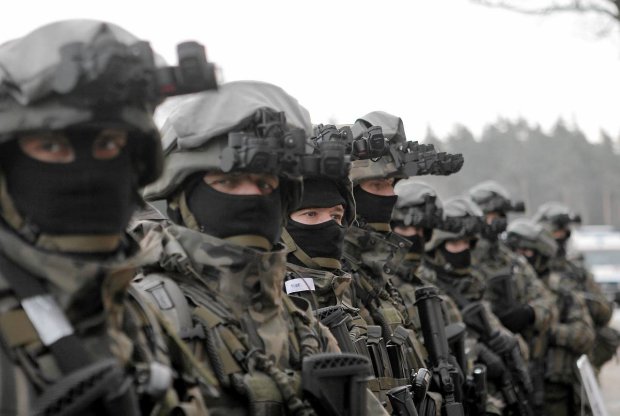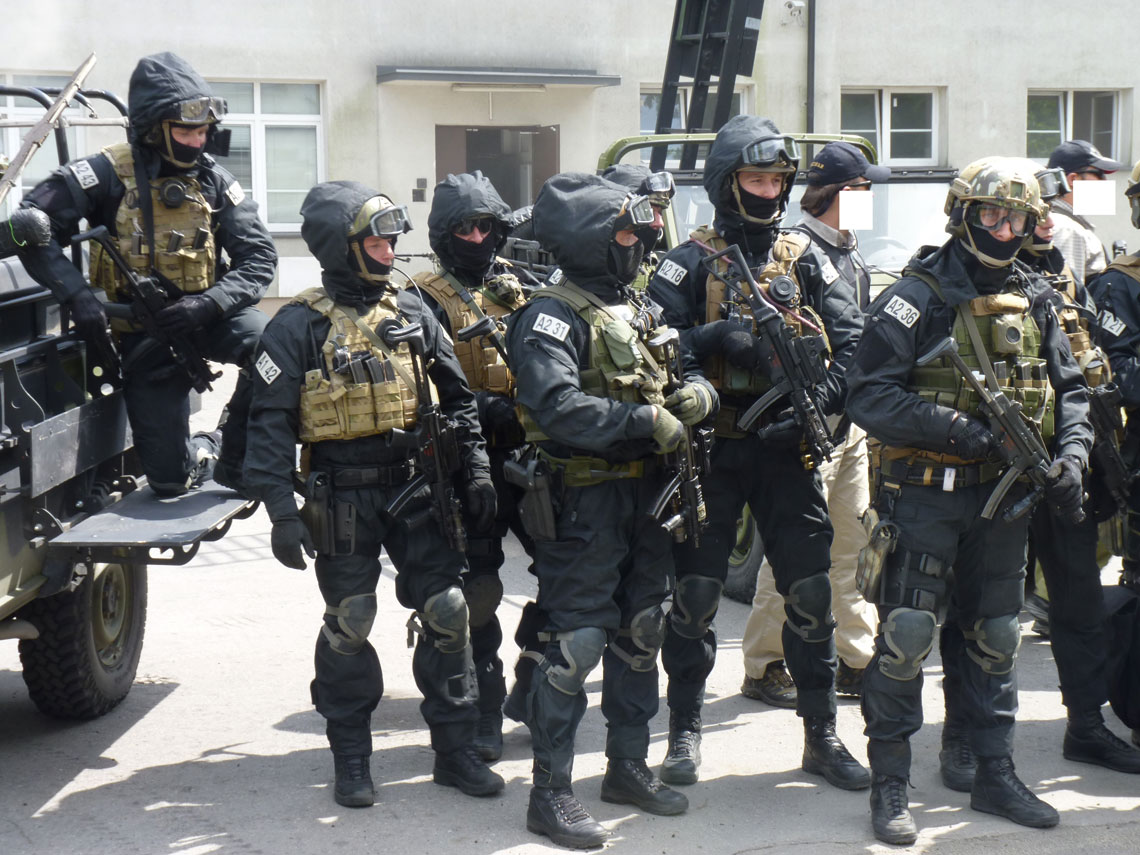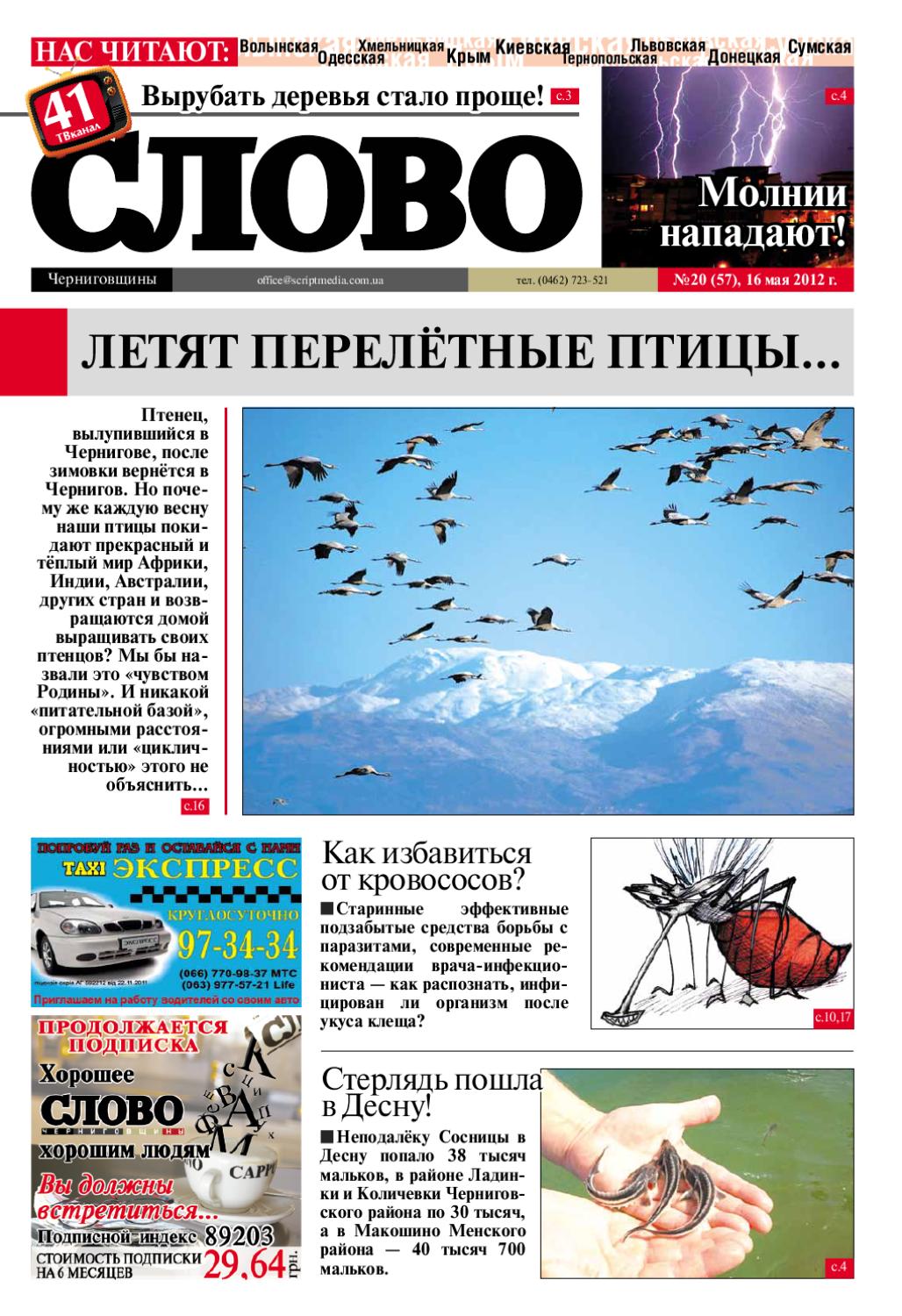
The development of Polish special forces

The development of Polish special forces
The Polish Special Forces have developed significantly based on the experience of participating in modern armed conflicts. Thanks to this, it becomes possible to analyze current trends in the conduct of hostilities and prepare scenarios for responding to future threats that may determine the evolution of the tasks of special forces. Such troops are involved in all aspects of modern armed conflict, in national defense, diplomacy and the development of the armed forces.
Special Forces soldiers are capable of carrying out activities in a very wide range - aimed directly at destroying the critical infrastructure of the enemy or neutralizing or capturing important persons from among his personnel. These troops are also capable of conducting reconnaissance of the most important objects. They also have the ability to act indirectly, such as training their own or allied forces. In cooperation with other government organizations, such as the police and intelligence agencies, they can train individuals and groups, or rebuild civilian infrastructure and institutions. Moreover, the tasks of the Special Forces also include: conducting unconventional operations, combating terrorism, preventing the proliferation of weapons of mass destruction, psychological operations, strategic intelligence, impact assessment, and many others.
Today, all countries that are part of the North Atlantic Alliance have at their disposal special forces units of various sizes with specific functions and experience. In most NATO countries, there are various command and control structures for special forces, which can be described as elements of the command of the national armed forces for the operations of special forces, or components for the command of special operations or special operations forces. Given all the capabilities of special forces and the fact that NATO countries use them as a national factor and mainly under national command, it seemed almost natural to create a unified command for NATO special forces as well. The main goal of this action was to integrate the national efforts and capabilities of the special operations forces in order to lead to their proper engagement, to achieve synergies and to enable them to be effectively used as coalition forces.
Poland was also a participant in this process. Having defined and presented its national ambitions and announced the development of national capabilities of the Special Forces, it has long aspired to become one of NATO's frame states in the field of special operations. Poland also wants to participate in the development of the NATO Special Operations Command to become one of the leading countries in the region and a center of competence for special operations.
The last exam is “Noble Sword-14”
The crowning achievement of these events was the allied exercise Noble Sword-14, which took place in September 2014. This was an important part of NATO's Special Operations Component (SOC) certification before it took over the mission of maintaining a permanent alert within the NATO Response Force in 2015. In total, 1700 military personnel from 15 countries took part in the exercises. For more than three weeks, the soldiers trained at military training grounds in Poland, Lithuania and the Baltic Sea.
The headquarters of the Special Operations Component Command - SOCC, which was the main defender during the exercises, was based on the soldiers of the Polish Special Operations Center - Special Forces Component Command from Krakow from Brig. Jerzy Gut at the helm. Five Special Operations Task Forces (SOTGs): three ground (Polish, Dutch and Lithuanian), one naval and one air (both Polish) completed all the practical tasks assigned by SOCC.
The main theme of the exercise was the planning and conduct of special operations by SOCC and task forces under the allied article 5 on collective defense. It was also important to check the SOCC multinational structure, procedures and connection of individual elements of combat systems. 14 countries participated in the Noble Sword-15: Croatia, Estonia, France, the Netherlands, Lithuania, Germany, Norway, Poland, Slovakia, Slovenia, USA, Turkey, Hungary, Great Britain and Italy. The exercises were supported by conventional troops and other services: the border guard, the police and the customs service. The actions of the operational groups were also supported by helicopters, combat aircraft, transport aircraft and ships of the Polish Navy.
The full version of the article is available in the electronic edition for free >>>
